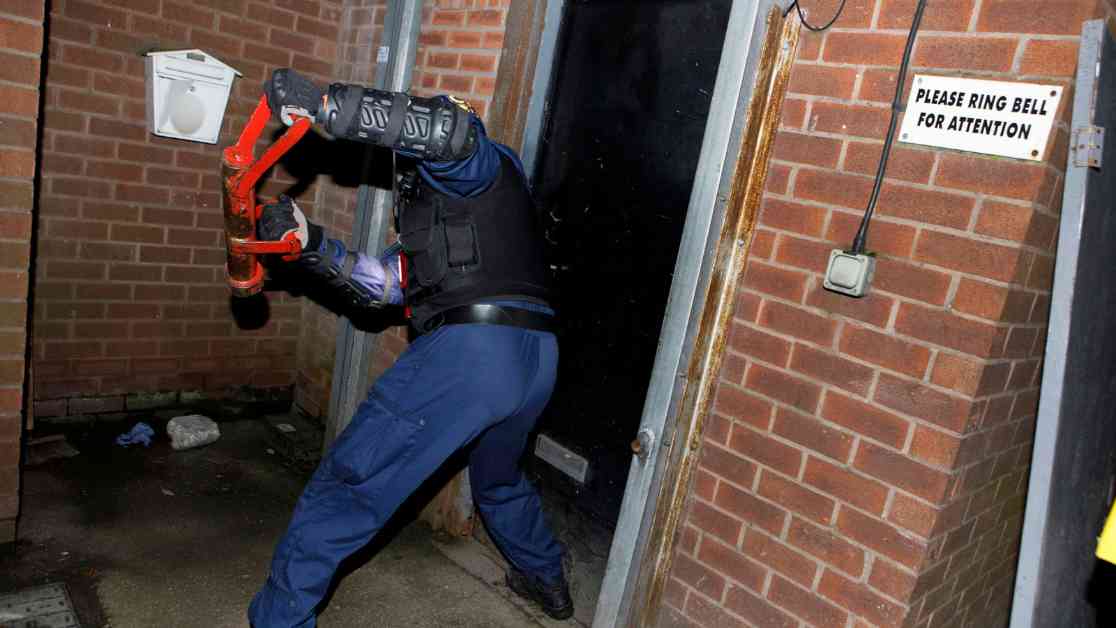The number of British individuals falling victim to modern slavery is on the rise, a concerning trend highlighted by the latest data from the Home Office. In fact, a quarter of all referrals to the UK’s national modern slavery safeguarding scheme involve British nationals, shedding light on a pervasive issue that hits close to home for many. While Albanian and Vietnamese nationals also feature prominently in these statistics, it is the increasing vulnerability of our own citizens that demands urgent attention.
Sky News recently accompanied Greater Manchester Police on a raid at an abattoir, responding to intelligence suggesting that the establishment’s owners were engaged in the exploitation of labor. The scene they encountered was chilling—a distressing glimpse into the harsh realities faced by victims of modern slavery. One such individual, a man who initially arrived in the UK under a legitimate skilled worker visa, found himself ensnared in a nightmare of endless work hours for minimal or no remuneration.
Detective Sergeant Lee Attenborough, from Greater Manchester Police, vividly described the squalid living conditions endured by this man, highlighting the stark contrast between the brutal environment and the adjacent slaughter hall. “The area where our survivor was required to sleep was essentially a converted office space… next to the main slaughter hall,” he revealed. The cacophony of machinery, combined with the noxious odors permeating the air, created an atmosphere that was decidedly unfit for human habitation.
During the raid at the abattoir, no additional victims of modern slavery were identified. However, law enforcement officials caution that such workplaces often harbor those in dire need of intervention and support. Subsequent to the operation, two individuals in their 30s were arrested on suspicion of human trafficking and related offenses. In a dramatic turn of events, an Albanian national attempted to evade capture by fleeing the scene and seeking refuge on a nearby rooftop, only to be apprehended by authorities.
Darren Wright, representing the Gangmasters and Labour Abuse Authority, underscored the prevalence of exploitation in various sectors, including abattoirs, farms, and takeaways. “Anywhere there’s money to be made, you usually find exploitation,” he remarked. Wright emphasized the importance of building trust with potential victims, recognizing the inherent challenges posed by their understandable wariness.
The fight against modern slavery is an ongoing battle, one that requires a united front from law enforcement agencies, advocacy groups, and the public at large. As stories of exploitation continue to surface, it is imperative that we remain vigilant and responsive to the needs of those who have fallen prey to this egregious crime. By amplifying awareness, extending support, and fostering trust, we can work towards eradicating modern slavery and creating a safer, more equitable society for all.













